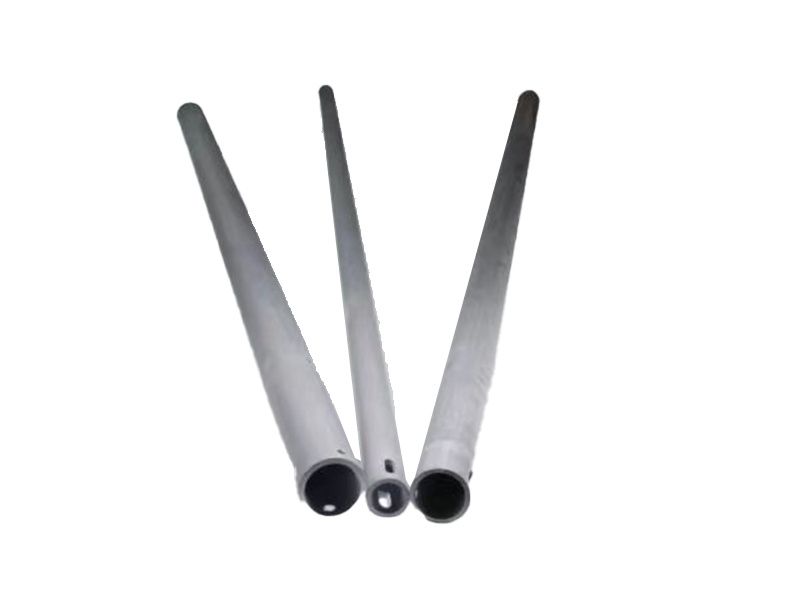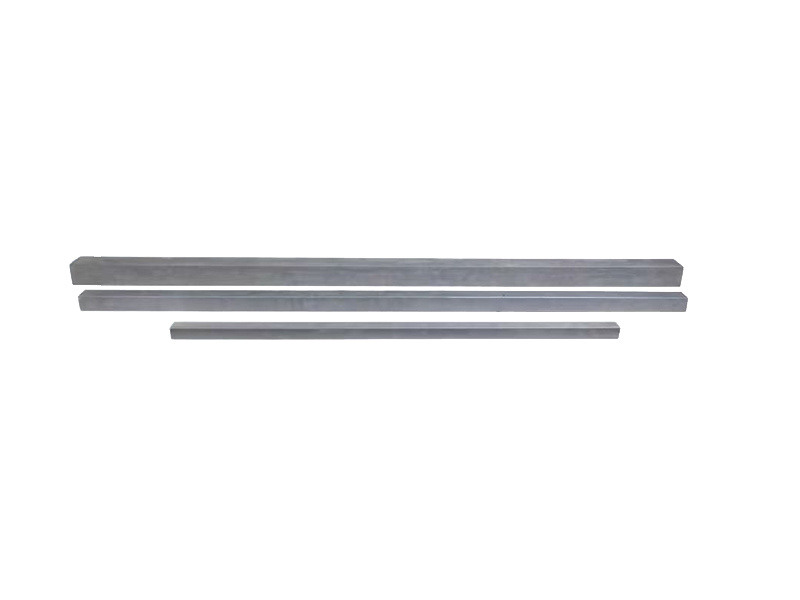

Mullite poly light brick
Key words:
Clay brick, high alumina brick, magnesia carbon brick
Classification:
Details
Product Description
Mullite light brick is also called mullite light thermal insulation brick and mullite heat insulation refractory brick. Mullite light brick can reduce the volume of masonry in the kiln, reduce the overall weight, shorten the heating time, and make the furnace temperature uniform, I .e. reduce heat loss and save energy. Mullite light brick can also improve the furnace lining conditions and prolong the service time of the kiln.
Mullite type light brick has low thermal conductivity, good heat insulation effect, and temperature resistance above 1500 ℃.
The raw material of mullite poly light brick is high purity mullite, the color and luster of the fired forming are white, the use temperature is high, and the rate of change of re-firing line is low. The alumina content of mullite poly-light is between 65% and 75%. In addition to mullite, the matrix also contains a small amount of glass phase and cristobalite. A small amount of corundum is also added into the matrix containing higher alumina, which is called corundum mullite thermal insulation brick, with good thermal insulation effect and high compressive strength.
Mullite poly light brick is widely used in hot blast furnace top, blast furnace body and bottom, glass kiln upper structure of the channel, change plate, firing kiln, training kiln, heating device, such as kiln lining insulation layer.
Because mullite has excellent high temperature mechanical properties and chemical stability. Therefore, mullite poly light brick has excellent properties such as high structural strength at high temperature, low creep rate at high temperature, small thermal expansion coefficient, strong chemical corrosion resistance, and good thermal shock resistance. It can effectively reduce the weight of the furnace body and save energy.
Product Parameters
| Project | mullite poly light brick | |||
| Classification temperature ℃ | 1260 | 1430 | 1540 | 1650 |
| Body density g/cm3 | 0.6 | 0.8 | 1 | 1 |
| Normal temperature compressive strength/MPa | 1.3 | 3 | 3.5 | 3.5 |
| Reburn line change% | 1250 × 12h | 1400 × 12h | 1510 × 12h | 1600 × 12h |
| -0.5 | -0.5 | -0.9 | -0.9 | |
Product inquiry

